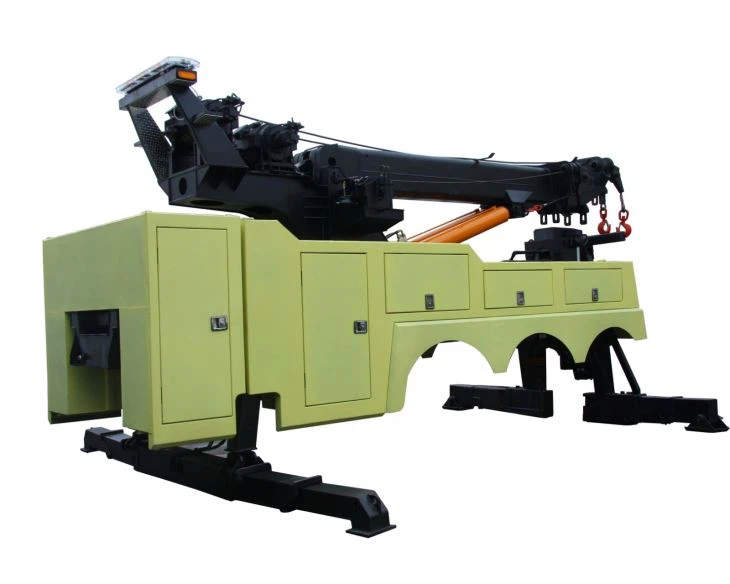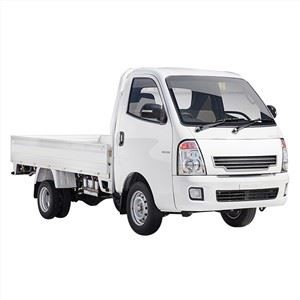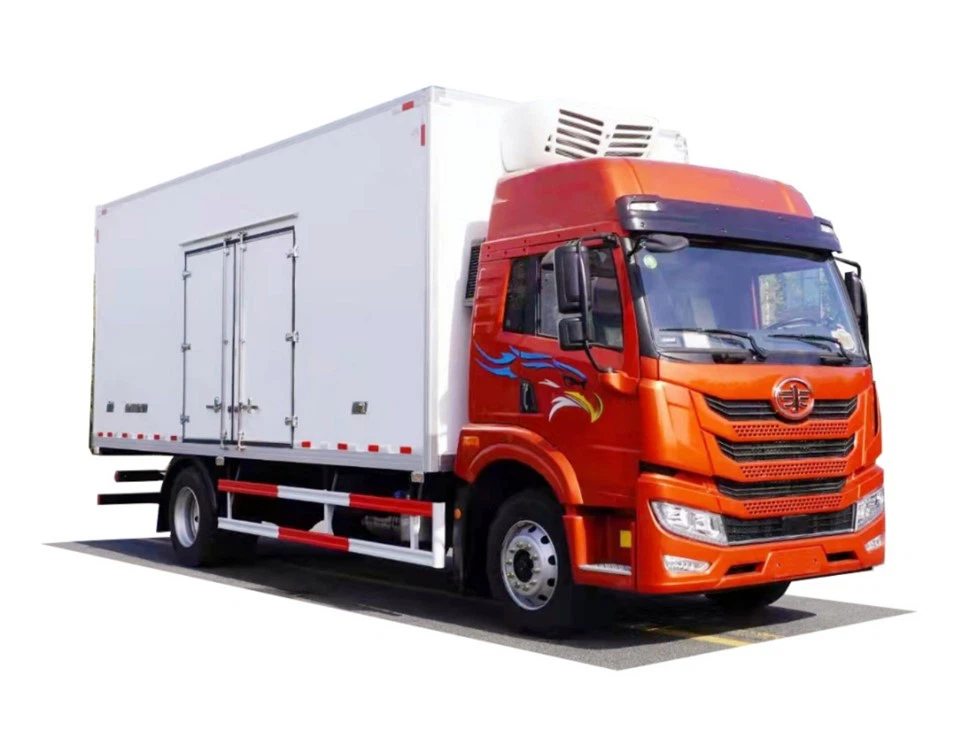Ultimate Guide to Box Van Lorries: Everything You Need to Know

Introduction
A box van lorry is an essential vehicle in the transportation and logistics sector. Its unique design provides a secure and spacious compartment for transporting goods, making it an ideal choice for various businesses. Whether you are considering purchasing one for your fleet or simply want to understand its advantages and features, this comprehensive guide will cover all aspects related to box van lorries, including their types, benefits, maintenance tips, and how they stand out in the commercial vehicle market.
What is a Box Van Lorry?
A box van lorry, also known as a box truck or cube truck, features a cube-shaped cargo area with straight walls and a roof that is commonly seen on delivery vehicles. The cargo area is typically enclosed, providing protection against environmental factors while securing the load inside. This type of lorry can vary in size and holding capacity, serving a wide range of transportation needs.
Types of Box Van Lorries
Box van lorries come in different variations. Key types include:
- Light-Duty Box Van Lorries: These are typically used for local deliveries with a weight capacity of around 3.5 to 7.5 tons.
- Medium-Duty Box Van Lorries: Suitable for larger deliveries, these can carry loads between 7.5 and 12 tons.
- Heavy-Duty Box Van Lorries: Designed for large-scale deliveries, they can handle loads of 12 tons and above.
Key Features of Box Van Lorries
| Feature | Description |
|---|---|
| Enclosed Cargo Area | Shielding goods from weather conditions and theft. |
| Loading Ramp | Facilitates easy loading and unloading of heavy goods. |
| Customizable Interiors | Can be fitted with shelving, hooks, and other organizational tools. |
| Varied Sizes | A range of sizes accommodating different load requirements. |
Benefits of Choosing a Box Van Lorry
Box van lorries provide multiple advantages for businesses that require transportation services. Here are some of the most significant benefits:
1. Enhanced Security
The enclosed design of box van lorries protects cargo from theft and damage, making them a reliable option for transporting valuable items.
2. Versatility
Box vans can transport a multitude of goods, from furniture and appliances to smaller packages, making them suitable for various industries including logistics, removals, and retail.
3. Loading Accessibility
Many box van lorries come equipped with a loading ramp, which simplifies the process of loading and unloading, particularly for heavier items.
4. Weather Protection
The enclosed nature of box vans ensures that cargo remains safe from rain, snow, and other harsh weather conditions that may damage goods while in transit.
5. Eco-Friendly Options
With the rise of electric box van lorries, businesses can reduce their carbon footprint while maintaining efficient operations.
Choosing the Right Box Van Lorry for Your Needs
Selecting the appropriate box van lorry for your transportation needs involves several considerations:
1. Consider the Payload Capacity
Evaluate the weight of the goods you need to transport. Ensure that the selected box van can safely accommodate the load without exceeding weight limits.
2. Size and Dimensions
Analyze the size of items to be transported, including their dimensions. Choose a box van that offers sufficient space without being excessively large.
3. Fuel Efficiency
Consider the fuel efficiency of the vehicle. Opting for a fuel-efficient box van can lead to significant cost savings over time.
4. Brand Reputation and Warranty
Research different manufacturers and assess their reputation for quality. Investing in a box van with a good warranty can save you from future maintenance issues.
Maintenance Tips for Box Van Lorries
Proper maintenance is crucial for ensuring your box van lorry operates efficiently. Here are essential tips to keep your vehicle in top condition:
1. Regular Oil Changes
Ensure to change the engine oil regularly, as this helps to keep the engine running smoothly. Refer to the manufacturer’s recommendations for specific intervals.
2. Inspect the Tires
Check tire pressure and tread depth regularly to avoid blowouts and ensure safe driving conditions. Rotate the tires as needed to promote even wear.
3. Brake Checks
Monitor your braking system. Listen for unusual sounds and have your brakes inspected if you notice increased stopping distances.

4. Clean the Cargo Area
Keep the cargo area free of debris and dirt, which can affect performance and hygiene. Regular cleaning prolongs the life of the interior surfaces.
5. Scheduled Professional Servicing
Set a schedule for professional inspections and servicing. Routine check-ups can identify potential issues before they become serious problems.
The Role of Box Van Lorries in Various Industries
Box van lorries serve critical functions across diverse sectors. Here are a few notable examples:
1. E-commerce and Retail
With businesses aiming for rapid delivery times, box vans are instrumental in transporting products directly to customers’ doorsteps.
2. Moving Services
Moving companies frequently utilize box vans to securely transport household items, ensuring safe transit during relocations.
3. Construction and Renovation
Box vans help carry tools, equipment, and materials to job sites, facilitating efficient work processes in construction projects.
4. Medical and Pharmaceutical Transport
Healthcare providers often use box vans to transport medical supplies and pharmaceuticals, ensuring timely delivery and compliance with safety regulations.
Common Regulations for Box Van Lorries
When operating a box van lorry, it is essential to understand relevant regulations to ensure compliance and avoid penalties:
1. Licencing Requirements
In many regions, drivers may need specific licenses to operate box vans depending on their size and weight categories. Familiarize yourself with local transport laws.
2. Safety Inspections
Regular safety inspections are required to ensure that the vehicle is roadworthy. These inspections may include brake tests, light checks, and general mechanical assessments.
3. Insurance Regulations
Proper insurance coverage is essential for protecting your business and finances. Check your local regulations to ascertain mandatory insurance levels.
Frequently Asked Questions
1. What is the average load capacity of box van lorries?
The average load capacity can range from 3.5 tons for light-duty models to over 12 tons for medium and heavy-duty models.

2. Are box van lorries suitable for long-distance transport?
Yes, box van lorries can be suitable for long-distance transport, especially those designed with comfort and efficiency in mind.
3. Do box van lorries require special maintenance routines?
While they don’t require significantly different maintenance than other vehicles, specific checks like cargo area cleanliness and regular inspections are crucial.

4. Can I customize the interior of a box van lorry?
Yes, many box van lorries can be customized with shelving, hooks, and other organizational tools to suit specific cargo needs.
5. What is the difference between a box van and a regular truck?
The primary difference lies in the cargo area; box vans have an enclosed, cube-shaped space, whereas regular trucks often have open or irregularly shaped cargo areas.
6. Do electric box van lorries exist?
Yes, the market is seeing an increase in electric box van lorries, providing eco-friendly alternatives for businesses focused on reducing their carbon footprint.
